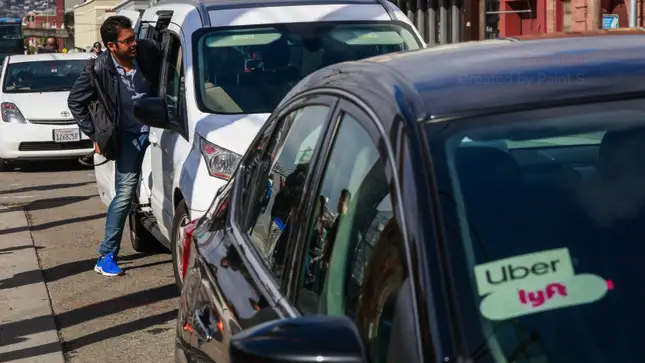Federal prosecutors in New York have charged two men, Eliahou Paldiel, 52, of Queens, and Carlos Arturo Suarez Palacios, 54, of Brick Township, NJ, with orchestrating a long-running scheme to pocket phony “surge charge” fees and defraud Uber, its drivers, and its customers. The FBI arrested the pair, who appeared in Brooklyn Federal Court on August 28 for arraignment on charges of wire fraud and money laundering conspiracies, which could result in up to 40 years in prison for each.
The scheme involved selling hacked smartphones pre-installed with an app called “Screwber” to 800 Uber drivers. This app allowed drivers to learn a customer’s destination and fare ahead of accepting a ride, enabling them to choose only the most lucrative fares. The pair charged a $600 one-time fee plus a $300 monthly subscription for Screwber.
Additionally, an app called “Fake GPS” enabled drivers to spoof their location, allowing them to accept rides experiencing surge pricing ahead of closer drivers. This app also allowed drivers to pretend they were in an airport ride-hail queue before actually arriving, thus skipping the virtual line.
The smartphones distributed by Paldiel and Suarez were outfitted with obsolete versions of the Uber app, which allowed the use of these fraudulent apps to go undetected. Over six years, starting in 2018, the pair allegedly reaped approximately $40 million in ill-gotten gains.
“As alleged, the defendants sought to enrich themselves by corrupting the rideshare market at the expense of unsuspecting passengers and hardworking drivers who play by the rules,” said Breon Peace, the US Attorney for the Eastern District of New York. “The defendants learned an important lesson in these charges: there is no such thing as a free ride.”
Uber, identified as “Rideshare Company-1” in the charges, confirmed its involvement. “The alleged fraud by 800 bad actors not only took money out of the pockets of hardworking drivers — it forced rideshare companies to further limit access to work for tens of thousands of TLC drivers,” said Uber spokesperson Josh Gold. “We’re appreciative of the government’s efforts to bring these bad actors to justice, and fully supported law enforcement in their investigation.”
The fraud contributed to a decrease in Uber’s “utilization rate,” the ratio between a driver’s total time online versus the amount of time they have passengers. This decrease led to an increase in driver “lockouts,” where drivers are unable to access the app and earn fares. The city recently reached an agreement with Uber and Lyft to reduce lockouts and pause the hiring of new drivers to maintain utilization rates, though this resolution has faced criticism from driver groups.
Paldiel and Suarez were each released on $210,000 bond after pleading not guilty to the charges.
